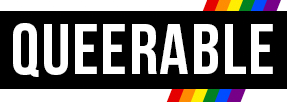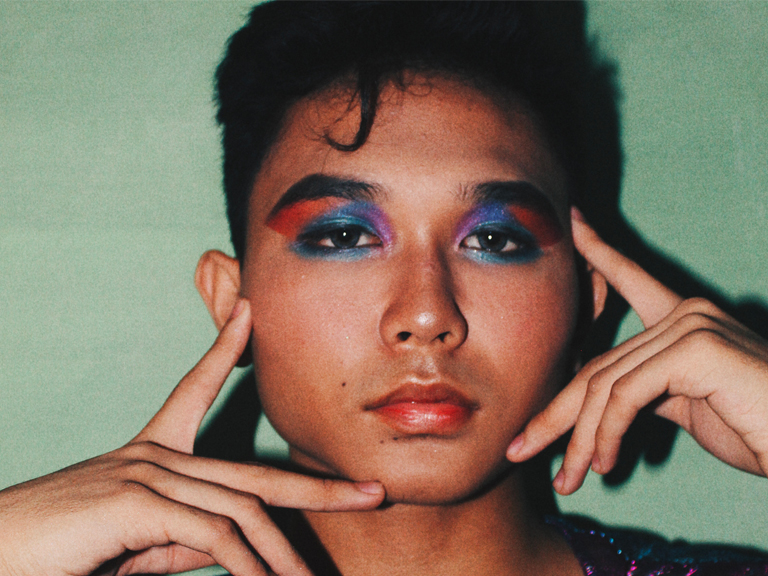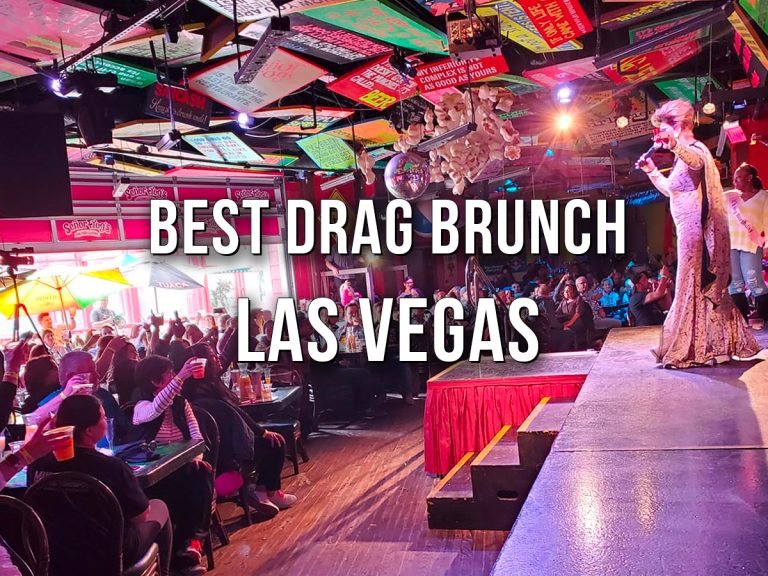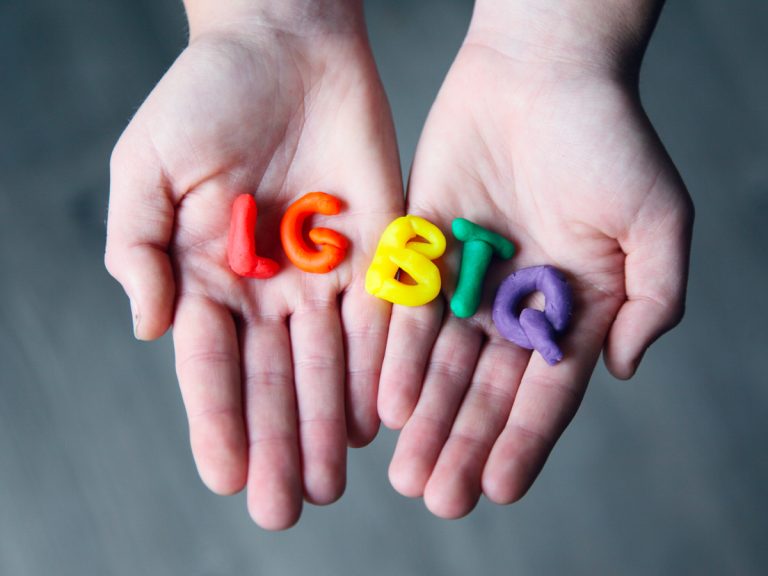Is Queer A Slur?
The word “queer” has undergone a remarkable transformation in the past few decades. Originally a derogatory term, Queer has been reclaimed by members of the LGBT+ community and now serves as a symbol of pride, acceptance, empowerment, and as an umbrella LGBT term for anyone who is not heterosexual or cisgender. In this article, we’ll dive into the history and evolution of the word, examining its journey from a stigmatizing slur to a positive and inclusive term for those who defy traditional gender and sexual norms.
The Origins of “Queer”
The term “queer” first appeared in the English language in the 16th century, deriving from the German word “queer,” which means “oblique” or “perverse.” Initially, “queer” was used to describe anything unusual, strange, or peculiar. Over time, the term began to be associated with homosexuality, as society labeled same-sex attraction and behavior as deviant or unnatural. By the early 20th century, “queer” had become a derogatory term used to insult and marginalize LGBT individuals.
The Reclamation of “Queer”
The reclamation of the term “queer” started gaining momentum in the late 1980s and early 1990s, during a time when the LGBT community was fighting for increased visibility, acceptance, and rights. The AIDS crisis had generated widespread fear and discrimination against gay men, and the community sought a way to combat this pervasive stigma.
One of the key events in the reclamation of “queer” was the formation of Queer Nation, an activist organization founded in New York City in 1990. Queer Nation’s primary goal was to combat homophobia and promote the visibility of LGBT individuals. The group’s members embraced the term “queer” as a way to confront society’s prejudices head-on, using a word that had been used against them as a tool of empowerment.
The decision to reclaim “queer” was controversial within the LGBT community. Some felt that the term was too closely associated with hatred and violence and worried that the term could reinforce harmful stereotypes. However, others argued that by taking ownership of the word, they could diffuse the word’s power as a slur and turn the word into a symbol of pride.
The Inclusive Nature of “Queer”
As the word “queer” continued to evolve, the word became an increasingly inclusive term. Unlike other labels within the LGBT community, such as “gay” or “lesbian,” “queer” does not refer to a specific sexual orientation or gender identity. Instead, Queer encompasses the entire spectrum of individuals who do not conform to traditional gender or sexual norms.
This inclusivity has made “queer” an appealing label for people who feel that more specific terms do not adequately describe their experiences or identities. For example, individuals who identify as genderqueer or non-binary may find “queer” a more fitting label than “transgender,” as the word does not impose a strict binary framework on their gender identity.
Additionally, the term “queer” acknowledges the fluidity of sexuality and gender, recognizing that identities can shift and change over time. This flexibility makes “queer” a powerful term for those who resist the constraints of rigid labels and binaries.
The Academic and Cultural Impact of “Queer”
The reclamation of “queer” has also had a significant impact on academia and popular culture. In the early 1990s, the field of queer theory emerged within the humanities, offering a critical analysis of the social and cultural constructs surrounding gender and sexuality. Queer theory challenges the binary thinking that underpins traditional understandings of gender and sexual orientation and has become an influential framework for exploring identity and power dynamics.
In popular culture, the term “queer” has become more widely accepted and has been embraced by various forms of media, including television, film, literature, and music. The increased visibility of queer characters and narratives has helped to normalize and destigmatize non-heteronormative identities and experiences. Some notable examples include the groundbreaking television show “Queer as Folk,” which aired from 2000 to 2005, and the popular reality show “RuPaul’s Drag Race,” which has been instrumental in bringing drag culture and queer voices to mainstream audiences.
The term “queer” has also been adopted by artists, writers, and activists who use it to express their identities and experiences in a world that often marginalizes or misunderstands them. Queer art and literature often challenge societal norms and provide a platform for diverse voices and perspectives, fostering a sense of community and solidarity among queer individuals.
The Continuing Evolution of “Queer”
While the reclamation of the word “queer” has been largely successful, it is essential to recognize that its evolution is ongoing. Some people within the LGBT community still feel uncomfortable with the term, associating Queer with painful memories of discrimination and prejudice. For this reason, Queer is vital to respect each individual’s preferences regarding the language used to describe their identity.
Moreover, as language and societal attitudes continue to evolve, the LGBT community must remain vigilant in ensuring that “queer” does not lose its potency as a symbol of pride and empowerment. By continuing to challenge stereotypes and push boundaries, queer individuals can ensure that the term remains a vibrant and inclusive reflection of their diverse experiences and identities.
Closing Thoughts…
The journey of the word “queer” from a derogatory slur to a symbol of pride and acceptance is a testament to the resilience and determination of the LGBT community. Through reclamation, “queer” has become an inclusive and empowering term that embraces the full spectrum of non-heteronormative identities and experiences. As the word continues to evolve, Queer serves as a reminder of the power of language to both harm and heal, and the importance of self-determination and pride in the face of adversity.





